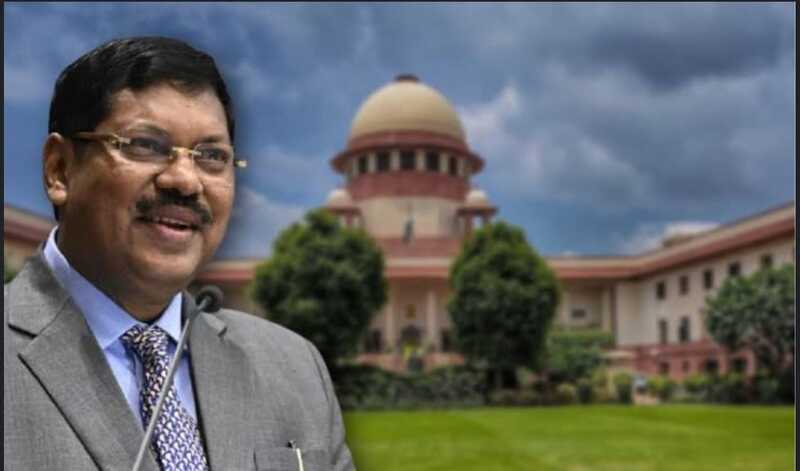Caste Discrimination at Supreme Level
Article Today, Mumbai:
In India, even after having a constitution that promises equality, people from lower castes face humiliation and bias. This is not limited to ordinary people but also affects those in high positions. Recent incidents have highlighted this bitter truth, sparking widespread protests.
Insult to Justice Gavai…
Justice Bhushan Ramkrishna Gavai, the second Dalit Chief Justice of India, faced disrespect in his home state of Maharashtra. When he became the Chief Justice of the Supreme Court, the state’s Chief Secretary and Director General of Police (DGP) did not attend the ceremony to honor him. This was a clear breach of protocol and an insult to the highest judicial position in the country.
Justice Gavai’s Pain
Justice Gavai expressed his disappointment, saying that he wasn’t talking about the respect due to him as an individual but about the respect that one constitutional institution owes to another. This incident didn’t happen when another judge from Maharashtra, Justice DY Chandrachud, became the Chief Justice. The difference in treatment highlights the caste bias.
Discrimination against Former President Kovind too!
Even Ram Nath Kovind, the former President of India from the Dalit community, wasn’t spared. When he visited the Jagannath Temple in Odisha in 2017, priests allegedly stopped him from entering, citing caste-based restrictions. This incident shows how deep-rooted caste discrimination is in India.
Constitutional Rights on Paper, Not in Practice
The Indian Constitution gives rights to people from lower castes, including reservations in education and jobs, and laws against untouchability. However, these laws aren’t fully implemented. The Scheduled Castes and Scheduled Tribes (Prevention of Atrocities) Act, 1989, is one such law that isn’t enforced properly. This lack of implementation perpetuates caste-based bias. The constitutional rights remain on paper, and the practice of caste-based discrimination continues. The reason behind this is the lack of strict enforcement of laws and social change. Until these issues are addressed, caste-based bias will persist in Indian society.



